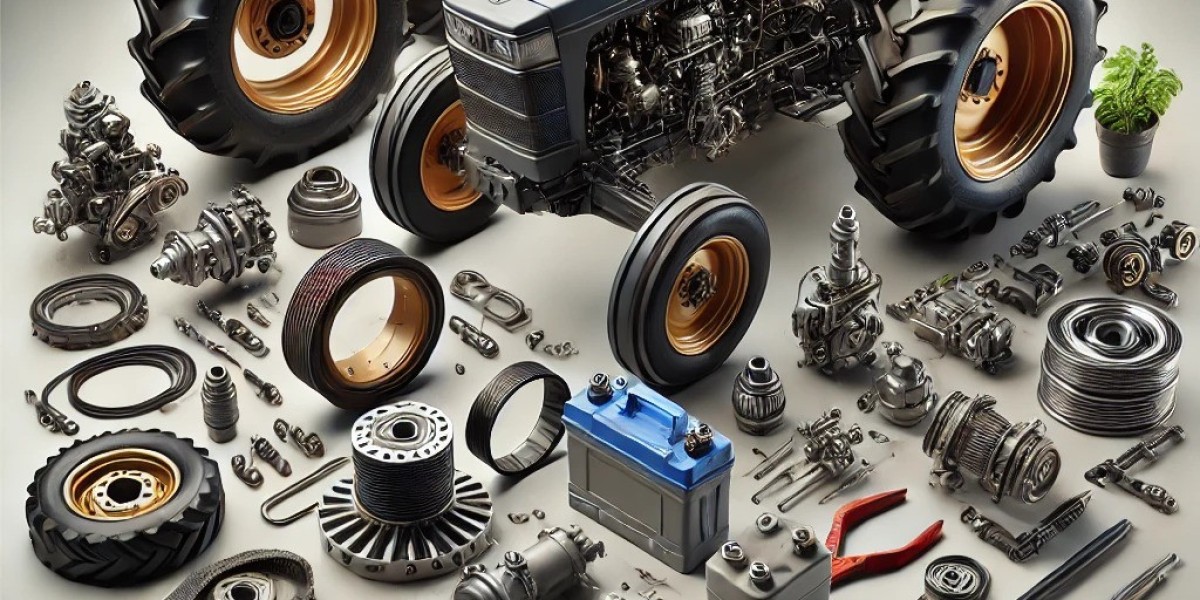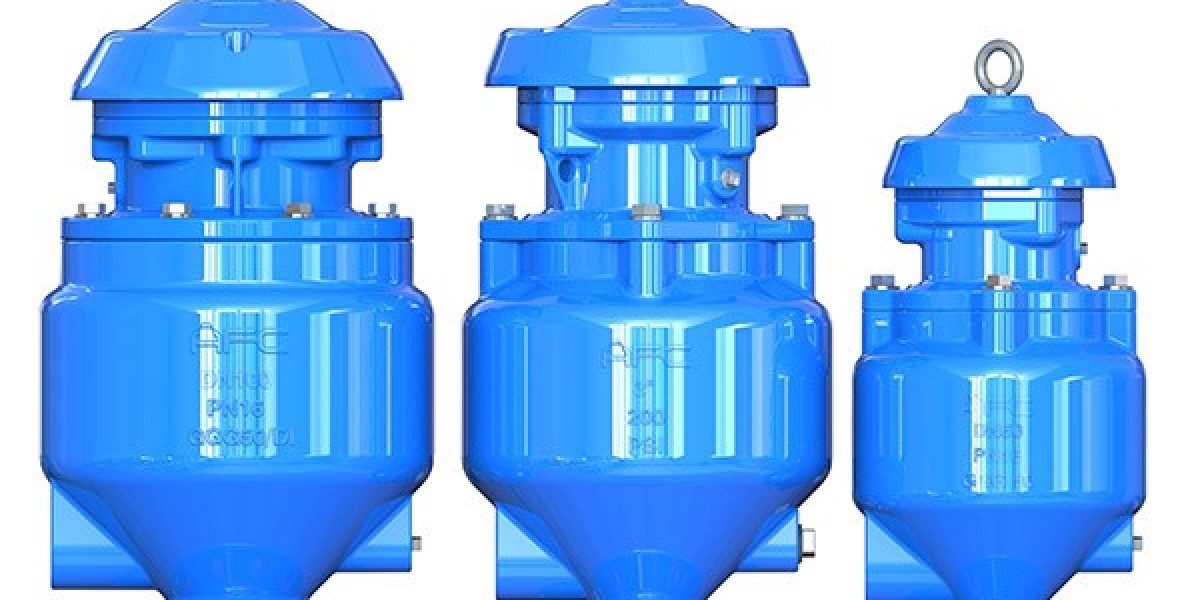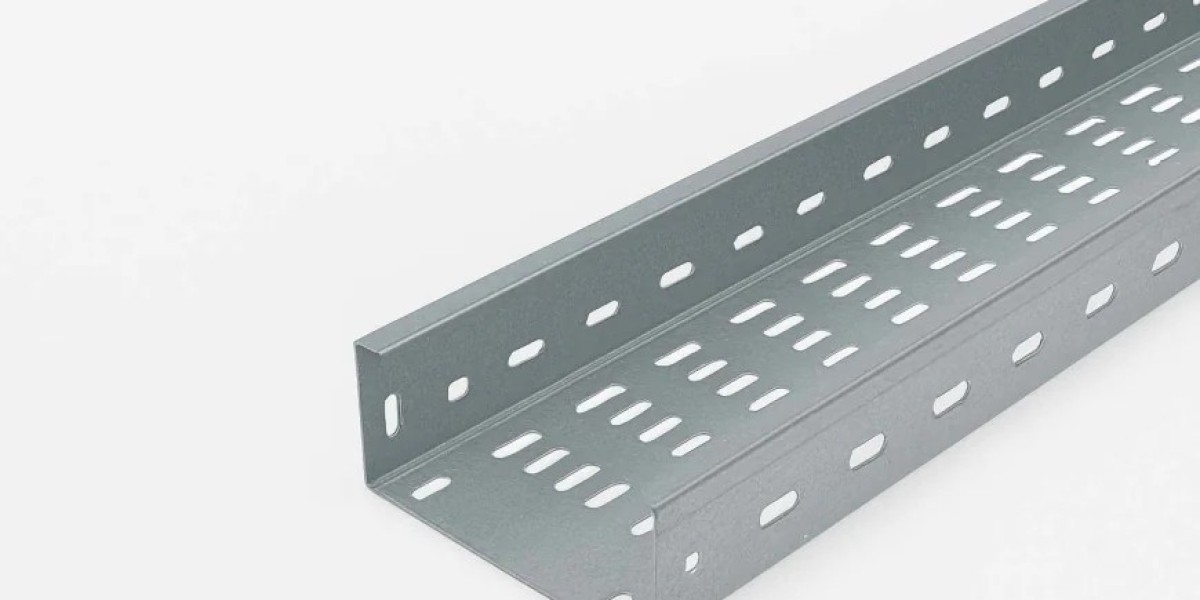Farming machines carry the load of the land. Among them, tractors work the hardest — from ploughing tough soil to hauling heavy tools. To keep your tractor powerful and steady, its parts must be reliable and well maintained. Strong machines come from good habits, proper care, and quality agricultural tractor parts.
This guide is written in simple words for everyday farmers. It highlights which parts matter most, how to spot problems early, and how to make sure your tractor stays strong season after season. Whether you’re new to farming or have years in the field, these tips will help you avoid delays, reduce repair costs, and keep your machine going when you need it most.
What Makes a Tractor Strong?
A strong tractor isn’t just about horsepower — it’s about how well the machine holds up through years of use. Strength in a tractor comes from:
A powerful and well-maintained engine
Reliable tires for grip and balance
Working hydraulics for lifting and operating tools
Clean, rust-free joints and moving parts
Regular maintenance using trusted parts
Each of these relies on parts that can handle stress, weather, and rough field conditions.
Key Tractor Parts for Strength
Some parts take more pressure and wear than others. These parts must be in top condition to avoid sudden failures and to give your tractor the strength it needs to work hard daily.
Important Agricultural Tractor Parts
| Part Name | Why It’s Important | How to Maintain |
|---|---|---|
| Engine Oil Filter | Keeps the engine oil clean and flowing | Replace every 100-150 hours |
| Air Filter | Protects the engine from dust and debris | Clean weekly; replace if clogged |
| Hydraulic Hoses | Help run implements like loaders or ploughs | Check for leaks; replace if cracked |
| Transmission Fluid | Ensures smooth gear shifting | Check levels regularly |
| Fan Belt | Runs cooling system and alternator | Inspect for wear; keep tight and clean |
| Battery | Powers the starter and electronics | Keep terminals clean and charged |
| Tires | Carry the full load on all terrain | Maintain correct pressure; check tread |
Using strong and suitable agricultural tractor parts for these areas will make your tractor more dependable in tough field conditions.
Simple Habits That Build a Strong Machine
A strong tractor is built over time — not just with parts, but also with care. Here are some practical habits to follow:
Daily walk-around checks before work
Cleaning after muddy or dusty jobs
Regular greasing of moving parts
Changing oil and filters on time
Not ignoring strange sounds or smells
Each habit helps find small problems before they grow bigger.
Buying the Right Parts: Don’t Just Look at Price
A common mistake is going for the cheapest part. But a low-cost belt or filter can fail quickly, causing breakdowns that cost more to fix.
What to Look for When Buying Parts:
Match the part number to your tractor model
Choose strong material (rubber hoses, metal filters, etc.)
Check seller reviews or ask local mechanics
Don’t mix brands if your manual advises against it
Buy in advance before busy seasons
Investing in good agricultural tractor parts helps prevent downtime and keeps your machine running smoothly under stress.
Common Mistakes That Weaken Tractors
Some small mistakes can reduce your tractor’s strength over time. Watch out for these common errors:
Overloading the tractor beyond its capacity
Skipping oil changes or using the wrong oil
Ignoring early signs like smoke or slow response
Using old hydraulic fluid that’s thick or dirty
Letting mud stay on the undercarriage, which leads to rust
Avoiding these mistakes makes your tractor last longer and perform better.
Preparing for Seasonal Stress
Weather affects how your tractor works. Strong machines are ready for every season.
Tips by Season
Spring:
Clean air filters more often due to dust
Check hydraulic lines before attaching tools
Summer:
Keep radiator clear of dry grass and dirt
Watch fan belt tightness (heat causes expansion)
Monsoon:
Grease joints more often to protect from moisture
Check brakes for water damage
Winter:
Use winter-grade engine oil
Warm battery or use a cover to keep it strong
Adapting your care based on season boosts the life and power of your machine.
Warning Signs: What to Fix Before It Breaks
Many breakdowns can be avoided by catching signs early. Here are the most common signals your tractor gives when something is wrong:
Slow starting: Battery or fuel line issue
Black smoke: Fuel or air filter problem
Overheating: Radiator, coolant, or fan belt trouble
Grinding gears: Transmission fluid may be low
Unusual noise from engine: Check oil and filters
Never ignore these signs. Quick checks and timely replacement of parts prevent major breakdowns.
Farmer Case: How Bashir Extended His Tractor Life
Bashir, a wheat farmer from Multan, was tired of mid-season breakdowns. He made a small change: creating a parts checklist and checking 5 key areas weekly.
He replaced his filters on schedule, cleaned his fan belt monthly, and kept a box of spare parts in the field shed. Two years later, he reports no major tractor failures.
His secret? “Strong parts, regular care, and not waiting for a problem to get worse.”
Keep These Spares on Hand
Having key spares ready can save hours — or even days — of lost time.
Recommended Spare Parts:
Air and oil filters
Extra fan belt
Battery terminal cleaner
Fuse and bulb set
Grease gun
Engine oil
Tire repair kit
These items fit easily in a small box or shelf in your tractor shed.
Summary: A Strong Tractor Starts with Smart Choices
Strong farming machines don’t just happen — they’re built through smart part selection, simple habits, and regular care. Your tractor gives you power and productivity, and in return, it only asks for attention and upkeep.
Key Takeaways for Farmers:
Use strong, trusted agricultural tractor parts for important systems
Build a habit of checking and cleaning parts regularly
Choose parts suited for your weather and workload
Keep basic spares handy to avoid long delays
Respond quickly to any unusual noise, smell, or movement
With these steps, your tractor will not only work better — it will work longer. A strong machine is a farmer’s best friend, and taking care of it means fewer worries and more time for what matters most: your crops, your land, and your future.








